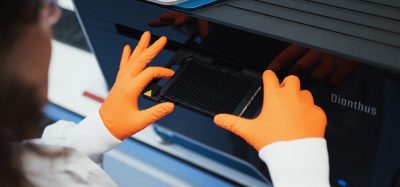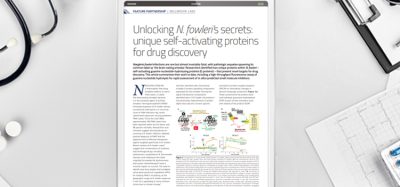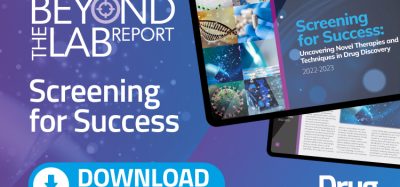Sartorius releases the fifth edition of its popular Live-Cell Analysis Handbook
Posted: 5 October 2021 | Sartorius AG | No comments yet
A comprehensive and interactive digital guide has been released by Sartorius, with real-time, live-cell imaging and analysis including links to application pages, videos and protocols.

Sartorius, a leader in new technologies for real-time, live-cell imaging and analysis, has released the fifth edition of its Live-Cell Analysis Handbook. When this handbook was first launched in 2017, it was a comprehensive reference guide for live-cell analysis technologies, focusing on the complete suite of Incucyte® live-cell assays and reagents. Over the years, this handbook has been well received by Incucyte users, generating over 3,000 requests of its fourth edition.
The live-cell applications covered in the Live-Cell Analysis Handbook include cell culture quality control assays and kinetic assays for cell health and proliferation, cell function, cell movement and morphology and assays for complex three-dimensional (3D) models. The fifth edition includes new sections on assays for evaluating embedded organoids, as well as exciting new data about mitochondrial membrane potential assays and differentiation, phagocytosis and efferocytosis in immune cell models. Furthermore, this fifth edition includes a new chapter focused on advanced label-free cell analysis, such as the Incucyte Cell-by-Cell Analysis and the new multi-variate classification analysis.
“Our latest edition highlights innovative, image-based machine learning to measure label-free cell counts, track differentiation of cells and even to determine mitotic cell cycle state. The power of this solution is the use of multi-variate analysis to continuously identify changes in cell symmetry, area, texture, circularity, perimeter length and solidity to automatically classify cells without the need to introduce a fluorescent label,” said Lindy O’Clair, Head of BioAnalytics Applications, Reagents and Consumables. “Harnessing the power of the Incucyte to study cells in a physiologically relevant environment and eliminating the need of a fluorescent probe, truly allows scientists to focus solely on the experimental variable, thus facilitating new discoveries.”
The Incucyte Live-Cell Analysis System enables real-time, kinetic monitoring of a range of cell types, from proliferating tumour cells to sensitive primary cells, all from within the cell culture incubator. Validated Incucyte live-cell assays, reagents and protocols provide scientists with the tools to be able to explore more questions across a range of applications and research areas, without the limitations of laborious, end-point assays. Each year Sartorius scientists and product managers update this handbook to include the latest data and newest offerings in the Incucyte live-cell assay portfolio.
To download the free fifth Edition Live-Cell Analysis Handbook, please visit here.
Related topics
Analysis, Assays, Cell Cultures, Imaging, Label-Free
Related organisations
Sartorius AG
Related people
Lindy O’Clair







